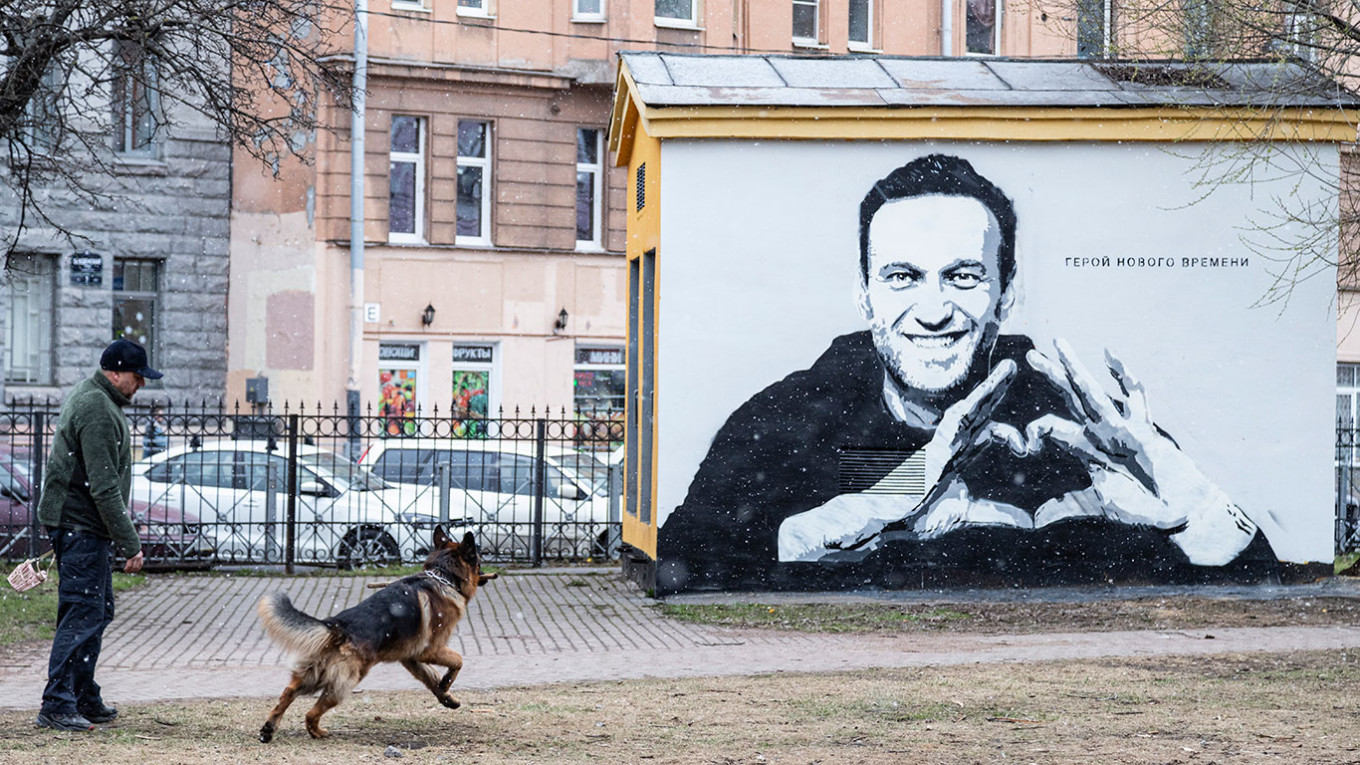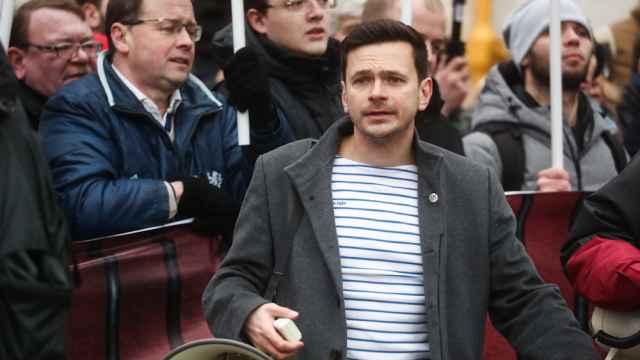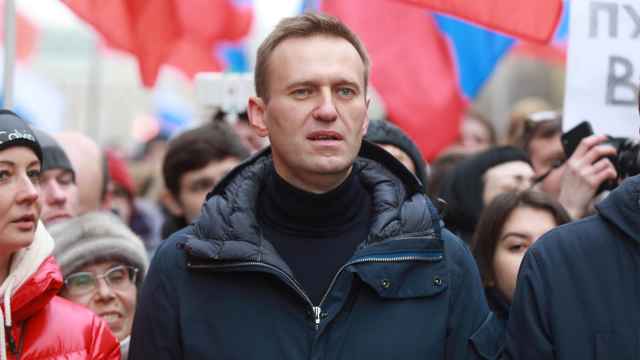Russian authorities said that imprisoned opposition figure Alexei Navalny died on Friday, an announcement confirmed by his team one day later.
Navalny, 47, was serving a 19-year prison sentence on extremism charges in the Arctic at the time of his death.
The prison service provided little details about his death, which Navalny’s allies and supporters blame on President Vladimir Putin.
Here is what we know about the fierce Kremlin critic’s death and what happens next:
What do we know about his death?
The Yamal-Nenets autonomous district prison service said in a Friday statement that "the inmate A.A. Navalny started to feel unwell after a walk and almost immediately lost consciousness at correctional facility No. 3 on Feb. 16.”
"Medical staff arrived immediately, an ambulance was called. None of the resuscitation efforts yielded positive results," it added in a statement.
Navalny’s spokesperson Kira Yarmysh said on Saturday that Navalny's mother had been notified of his death.
The state-run Interfax news agency claimed that an ambulance arrived at the colony where Navalny was serving his prison term within seven minutes.
“The doctors who arrived at the scene continued the resuscitation measures that the colony doctors had already provided. And they carried them out for more than half an hour,” it added.
Kremlin-funded broadcaster RT reported Friday, citing an anonymous source, that Navalny died of a blood clot.
Bruises from seizures were found on Navalny's body, the independent Novaya Gazeta Europa news outlet reported Sunday, citing an anonymous ambulance worker in Salekhard, a town near the Arctic prison where he was held.
“As an ambulance worker with quite a lot of experience, I can say that these kinds of injuries, as those who saw them described them, appear from seizures,” the ambulance officer told Novaya Gazeta Europa. “The person is convulsing, they are trying to restrain him, but the convulsions can be very strong, so bruises appear. They also said that he also had a bruise on his chest. But it was the kind of bruise that appears in connection with indirect cardiac massage.”
Where is his body?
Navalny’s team said Saturday that his body was in Salekhard and demanded that his body be handed over to his family “immediately.”
His team later said that Navalny’s body was not in the morgue where authorities said it was.
“Alexey's lawyer and his mother have arrived at the Salekhard morgue. It's closed, however, the colony has assured them it's working and Navalny's body is there,” Yarmysh said.
“The lawyer called the phone number which was on the door. He was told he was the seventh caller today. Alexey's body is not in the morgue,” Yarmysh added in a post on X (formerly Twitter.)
Novaya Gazeta Europa reported, citing the anonymous ambulance worker, that Navalny’s body is in the morgue of the Salekhard district clinical hospital. An autopsy has not yet been carried out, the source said.
Will a criminal case be opened?
Russia’s Investigative Committee, which probes major crimes, announced Friday "a set of investigative and operative measures" to establish the circumstances surrounding Navalny’s death.
The Investigative Committee will likely “initiate a forensic medical examination to establish the cause of the death,” Yevgeny Smirnov, a lawyer at the human rights project Perviy Otdel, told The Moscow Times.
After an autopsy, experts will issue a death certificate that should indicate the cause of his death.
According to the Public Verdict human rights organization, “such investigations cannot be trusted at all.”
“As our legal practice shows, heart disease is cited as the most common cause of death in colonies,” the organization said.
“A criminal case can only be initiated if, after an autopsy, it becomes clear that the death was criminal,” the Public Verdict added.
When can his family take the body?
The body can be given to the family after the cause of death has been established, Smirnov said.
“From the moment the causes of death are established and his relatives submit the documents, the Federal Penitentiary Service has two days to give the body away,” Smirnov added.
Navalny’s lawyer, who came to the Salekhard Investigative Committee, was informed that “the cause of Alexey’s death has not been established, a repeat histological examination was taken,” Yarmysh said on Saturday.
The results of the expertise “will supposedly be out next week,” she said.
“It is obvious that they are lying and doing everything not to give the body away,” Yarmysh added.
Where can Navalny be buried?
After establishing the cause of death and receiving the body, Navalny’s relatives can decide for themselves where to bury the politician.
So far, his family and his team have made no announcements.
A Message from The Moscow Times:
Dear readers,
We are facing unprecedented challenges. Russia's Prosecutor General's Office has designated The Moscow Times as an "undesirable" organization, criminalizing our work and putting our staff at risk of prosecution. This follows our earlier unjust labeling as a "foreign agent."
These actions are direct attempts to silence independent journalism in Russia. The authorities claim our work "discredits the decisions of the Russian leadership." We see things differently: we strive to provide accurate, unbiased reporting on Russia.
We, the journalists of The Moscow Times, refuse to be silenced. But to continue our work, we need your help.
Your support, no matter how small, makes a world of difference. If you can, please support us monthly starting from just $2. It's quick to set up, and every contribution makes a significant impact.
By supporting The Moscow Times, you're defending open, independent journalism in the face of repression. Thank you for standing with us.
Remind me later.







